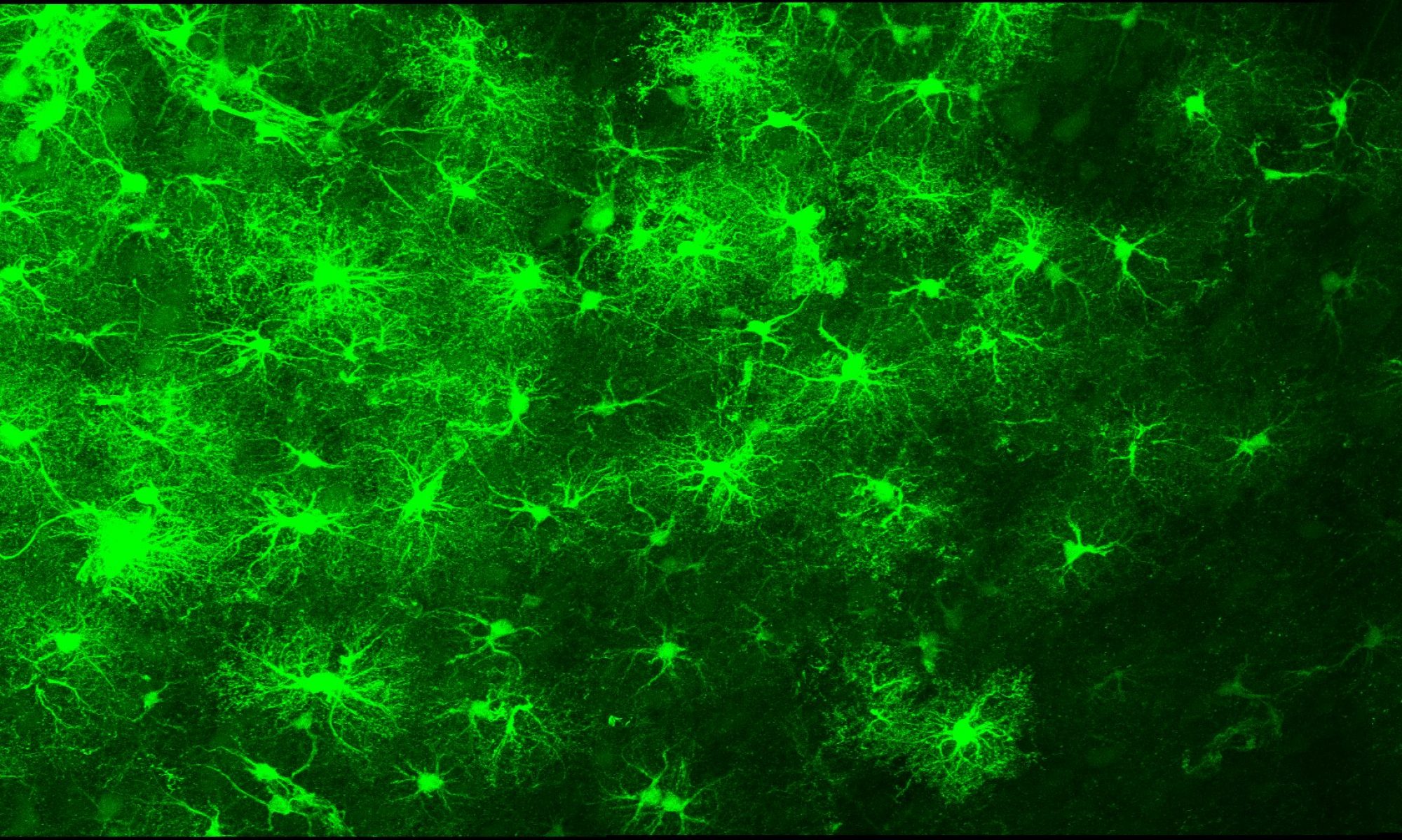For decades animal research with rodents tended to focus on males because female rodents undergo their estrous cycle in 4-5 days over the course of which their sex hormones change dramatically. This brought up several concerns, specifically studies would have to be twice as large if males and females were studied and the sex hormone fluctuations in females would lead to variability in results. Indeed, previous research has found these sex hormones, particularly estrogens, can lead to shifts in strategies used in cognitive tasks. Specifically high levels of estrogens are beneficial for spatial-based strategies which low levels of estrogens lead to preferences for more response-based strategies. Additionally estrogens have been implicated in neuroprotection and astrocytes may play a role in this as previous research has indicated estrogens can increase glutamate recycling in astrocytes as well as influence water balance that may lead to critical protective measures and recovery in stroke. Our research assesses sex differences in astrocytes and the effects of estradiol on astrocytes in cognitive tasks.

Vassar College